Are Camera Batteries Allowed In Hand Luggage ?
Yes, camera batteries are generally allowed in hand luggage. However, it is important to check with the airline you are flying with as some may have specific restrictions or requirements for carrying batteries. It is also recommended to keep the batteries in their original packaging or in a protective case to prevent any damage or short-circuiting. Additionally, spare batteries should be carried in carry-on luggage rather than checked luggage, as there is a risk of damage or loss in checked baggage.
1、 Airline regulations on lithium-ion batteries
Airline regulations on lithium-ion batteries are constantly evolving, and it is important to stay up-to-date on the latest rules and restrictions. As of now, camera batteries are generally allowed in hand luggage, but there are some restrictions that travelers should be aware of.
According to the International Air Transport Association (IATA), lithium-ion batteries with a capacity of up to 100 watt-hours (Wh) are allowed in carry-on luggage, while those with a capacity between 100 and 160 Wh require airline approval. Batteries with a capacity exceeding 160 Wh are not allowed in carry-on or checked luggage.
It is important to note that these regulations apply to spare batteries, not those installed in electronic devices such as cameras or laptops. In addition, all lithium-ion batteries must be protected from damage and short-circuiting, which can be achieved by placing them in their original packaging or in a protective case.
It is also recommended to carry a copy of the airline's battery policy and to check with the airline before traveling to ensure compliance with their specific regulations. Some airlines may have additional restrictions or requirements, such as limiting the number of spare batteries allowed or requiring advance approval for certain types of batteries.
In summary, camera batteries are generally allowed in hand luggage, but travelers should be aware of the capacity restrictions and protective measures required for lithium-ion batteries. It is always best to check with the airline before traveling to ensure compliance with their specific regulations.
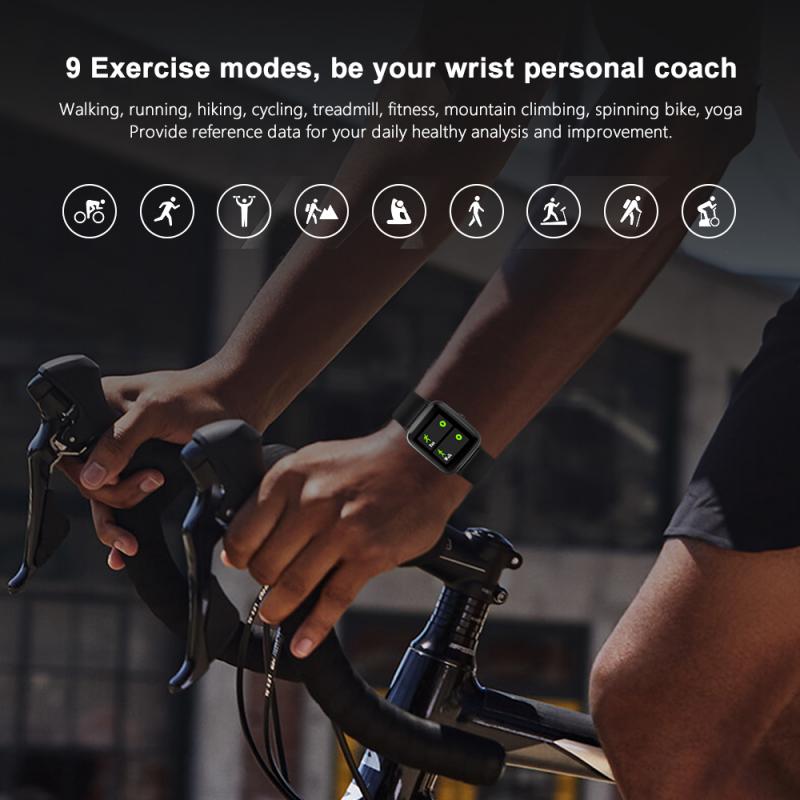
2、 TSA guidelines for camera batteries
Are camera batteries allowed in hand luggage? Yes, camera batteries are allowed in hand luggage according to TSA guidelines. However, there are some restrictions that travelers should be aware of. Lithium-ion batteries, which are commonly used in cameras, are considered hazardous materials and must be carried in a specific way to ensure safety.
According to the TSA, spare lithium-ion batteries must be carried in carry-on baggage only. They are not allowed in checked baggage. Additionally, spare batteries must be individually protected to prevent short circuits. This can be done by placing them in their original packaging, placing them in a plastic bag, or placing tape over the battery's contacts.
There are also limits on the size and quantity of lithium-ion batteries that can be carried. Lithium-ion batteries with a watt-hour rating of up to 100Wh are allowed in carry-on baggage. Batteries with a watt-hour rating between 100Wh and 160Wh require airline approval before they can be carried on board. Lithium-ion batteries with a watt-hour rating over 160Wh are not allowed in carry-on baggage.
It's important to note that TSA guidelines can change, so travelers should always check the latest regulations before traveling. Additionally, airlines may have their own specific rules regarding the transportation of lithium-ion batteries, so it's always a good idea to check with the airline before traveling.
3、 IATA rules for carrying camera batteries
Are camera batteries allowed in hand luggage? Yes, camera batteries are allowed in hand luggage according to the International Air Transport Association (IATA) rules. However, there are some restrictions that passengers need to be aware of.
The IATA rules state that lithium-ion batteries, which are commonly used in cameras, must be carried in carry-on baggage and not in checked baggage. This is because lithium-ion batteries have the potential to catch fire if they are damaged or short-circuited, and it is easier to detect and deal with any issues if they are in the cabin.
Passengers are also limited to the number of spare batteries they can carry. The IATA rules state that spare batteries must be individually protected to prevent short circuits, and passengers are limited to a maximum of two spare batteries per person. The capacity of each battery must also not exceed 100 watt-hours.
It is important to note that airlines may have their own specific rules and regulations regarding the carriage of camera batteries, so passengers should check with their airline before traveling. Additionally, due to the ongoing COVID-19 pandemic, some airlines may have additional restrictions or requirements in place for hand luggage.
In summary, camera batteries are allowed in hand luggage according to IATA rules, but passengers should be aware of the restrictions on the number of spare batteries and their capacity. It is also important to check with the airline for any specific rules or requirements.

4、 FAA restrictions on lithium batteries
Camera batteries are generally allowed in hand luggage, but it is important to check with the airline and airport security regulations before traveling. The Federal Aviation Administration (FAA) has specific guidelines for lithium batteries, which are commonly used in cameras and other electronic devices.
According to the FAA, lithium batteries with a watt-hour rating of up to 100Wh are allowed in carry-on baggage. However, spare lithium batteries with a watt-hour rating between 100Wh and 160Wh are only allowed in carry-on baggage with airline approval. Lithium batteries with a watt-hour rating over 160Wh are not allowed in carry-on or checked baggage.
It is also important to note that lithium batteries must be properly packaged and protected to prevent short-circuiting or damage. The FAA recommends keeping batteries in their original packaging or placing them in individual plastic bags to prevent contact with metal objects.
In addition to FAA regulations, some airlines and airports may have their own restrictions on lithium batteries. It is always best to check with the airline and airport before traveling to ensure compliance with all regulations.
As of the latest point of view, the FAA has not made any significant changes to their regulations on lithium batteries. However, it is important to stay informed and up-to-date on any changes or updates to regulations.


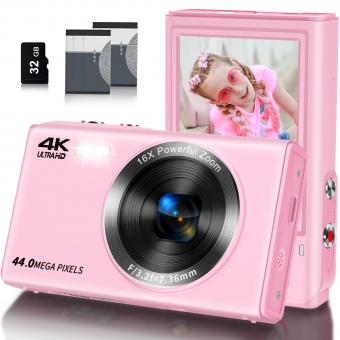


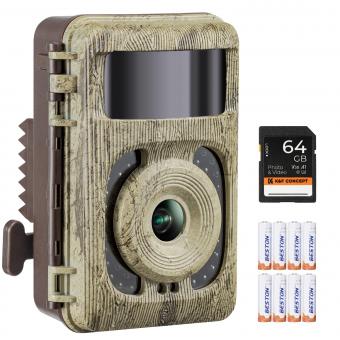
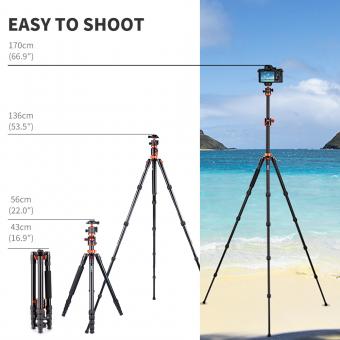

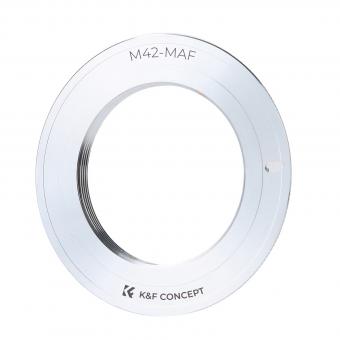



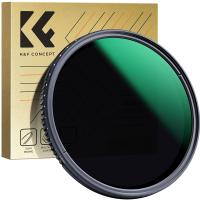
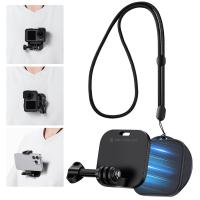
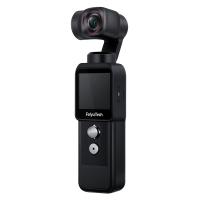
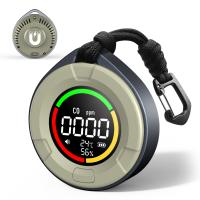
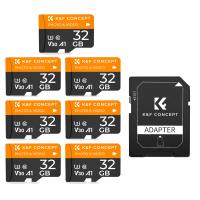
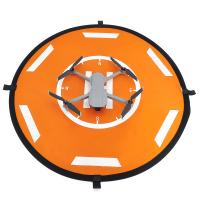

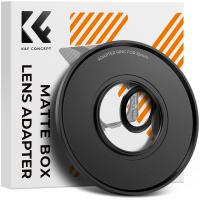
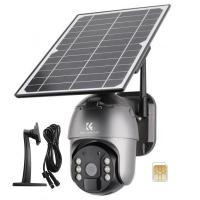
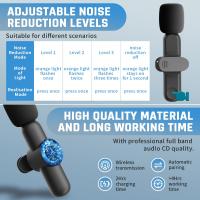
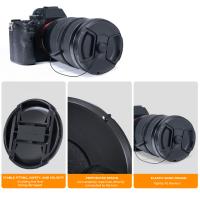

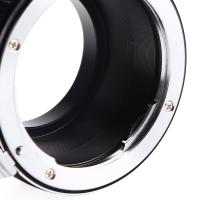

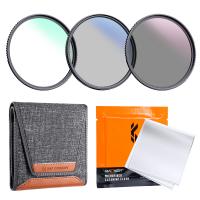
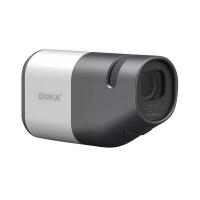
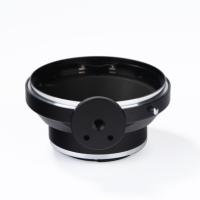
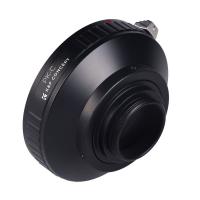
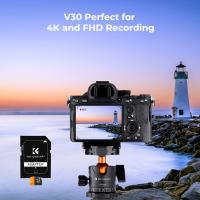
There are no comments for this blog.